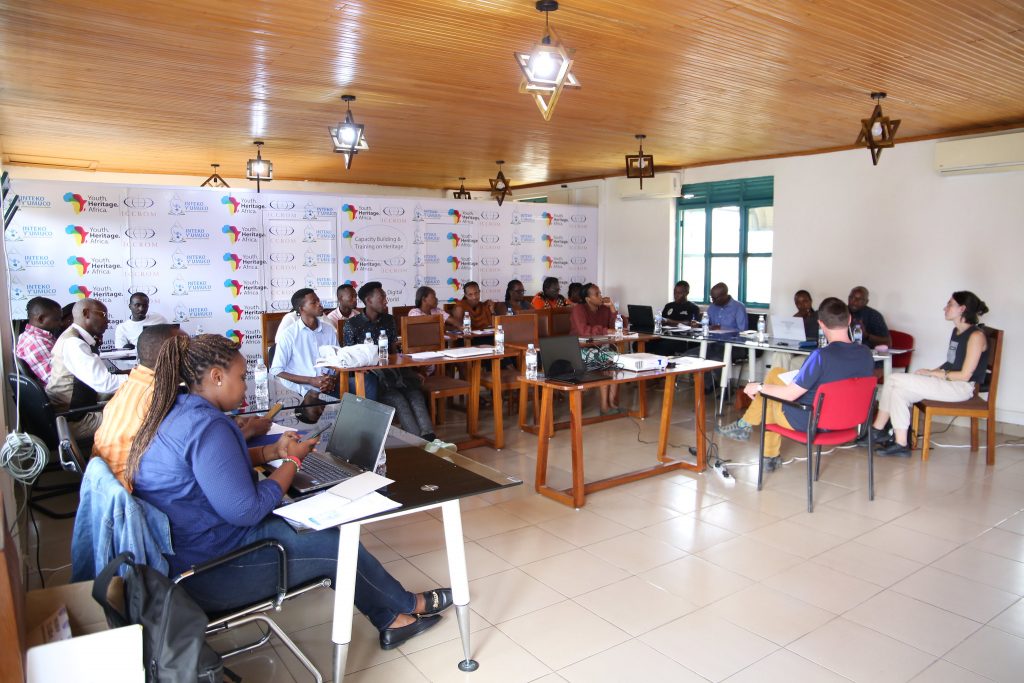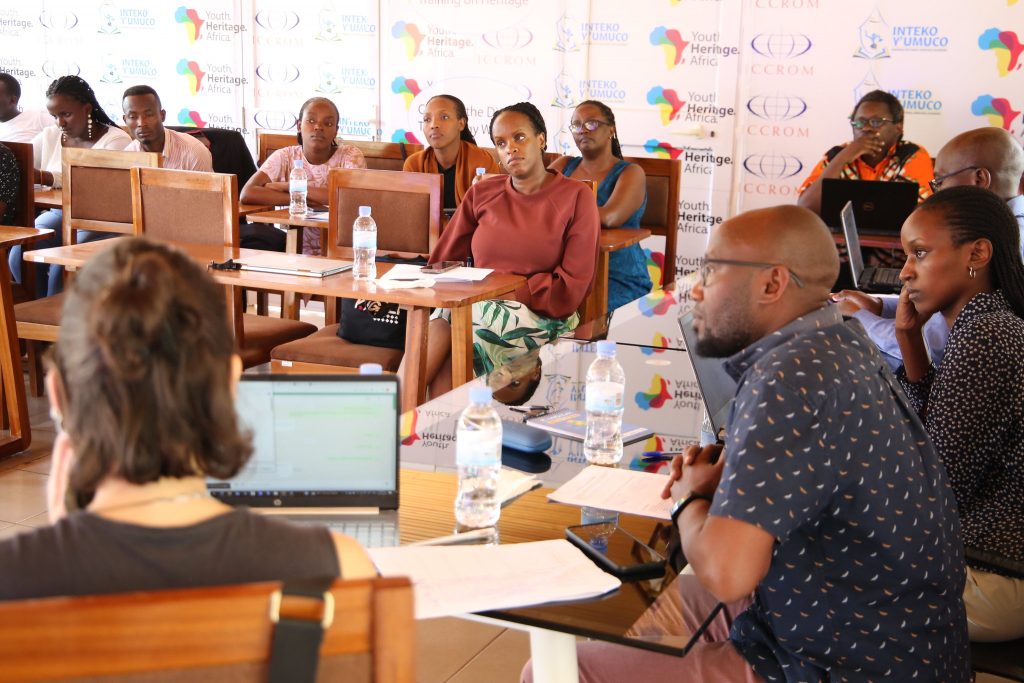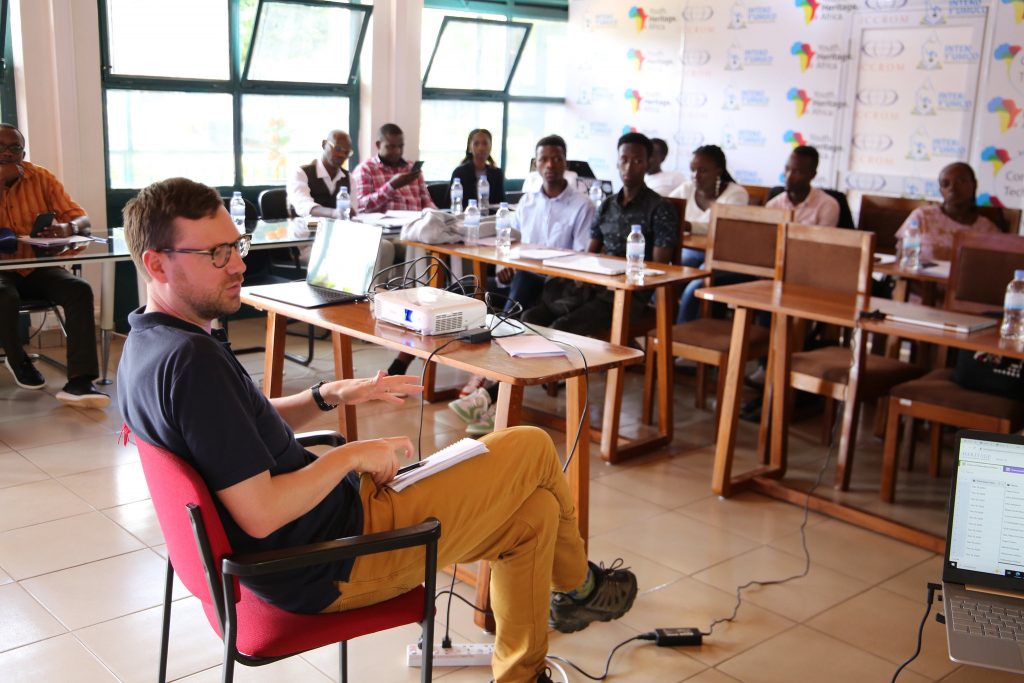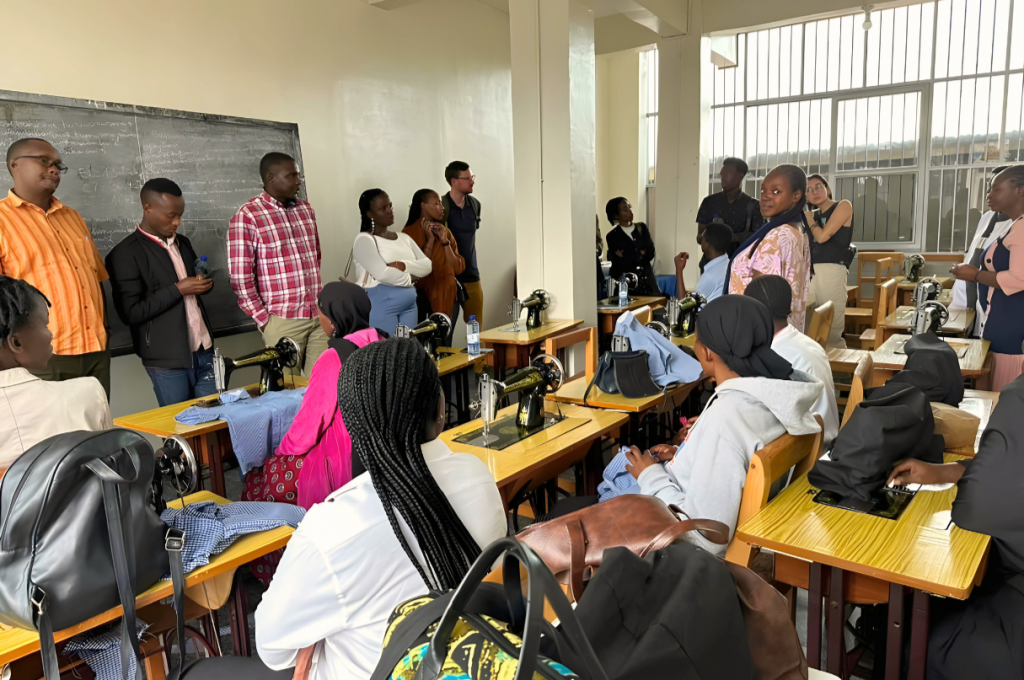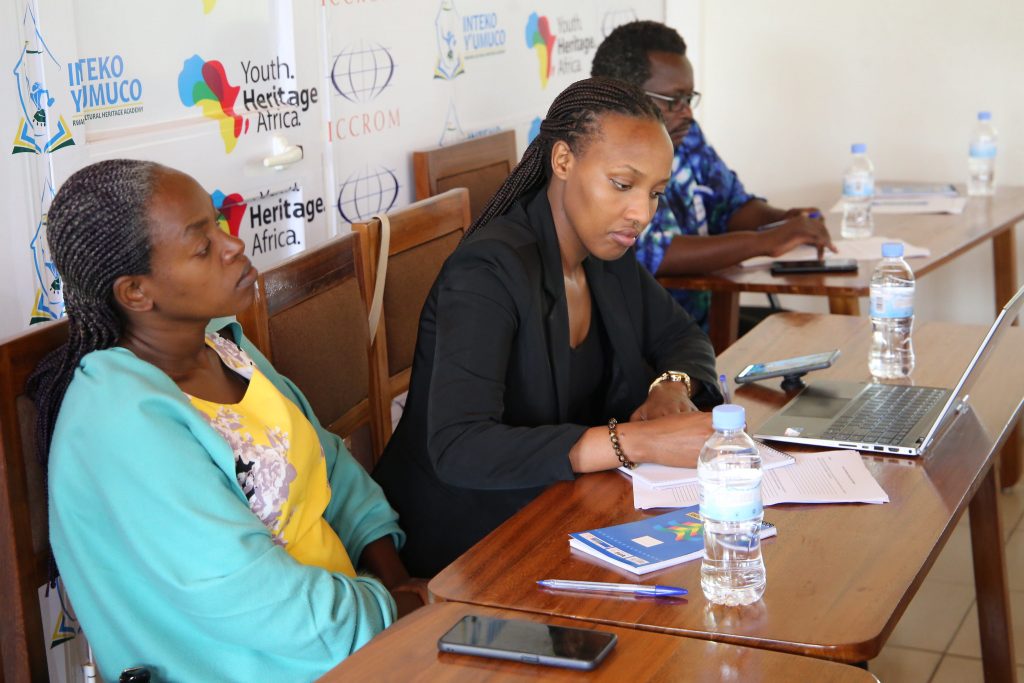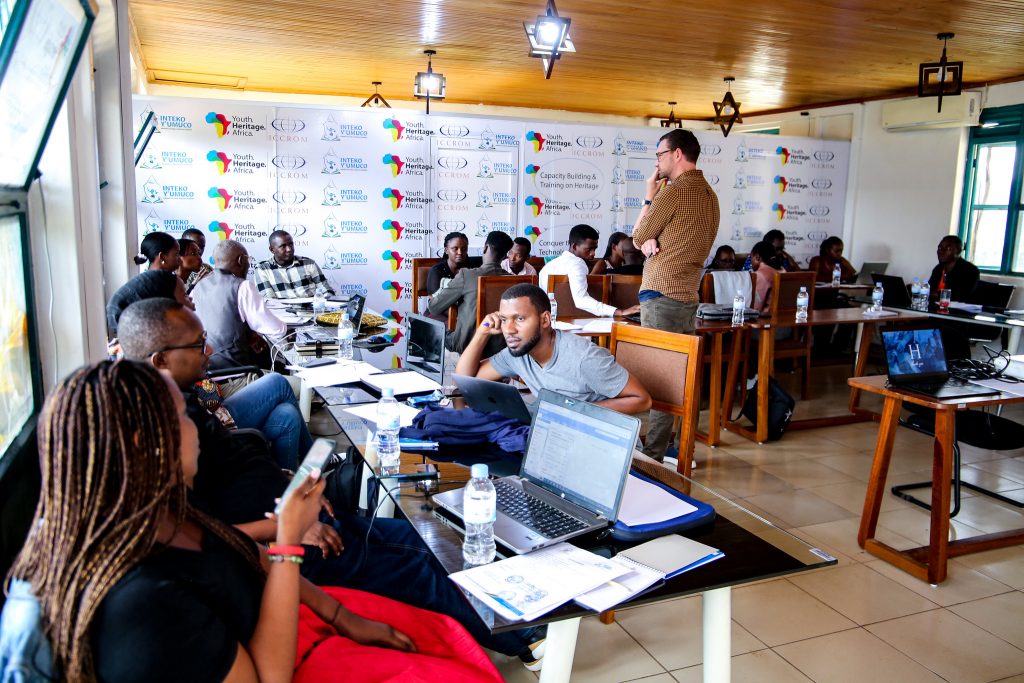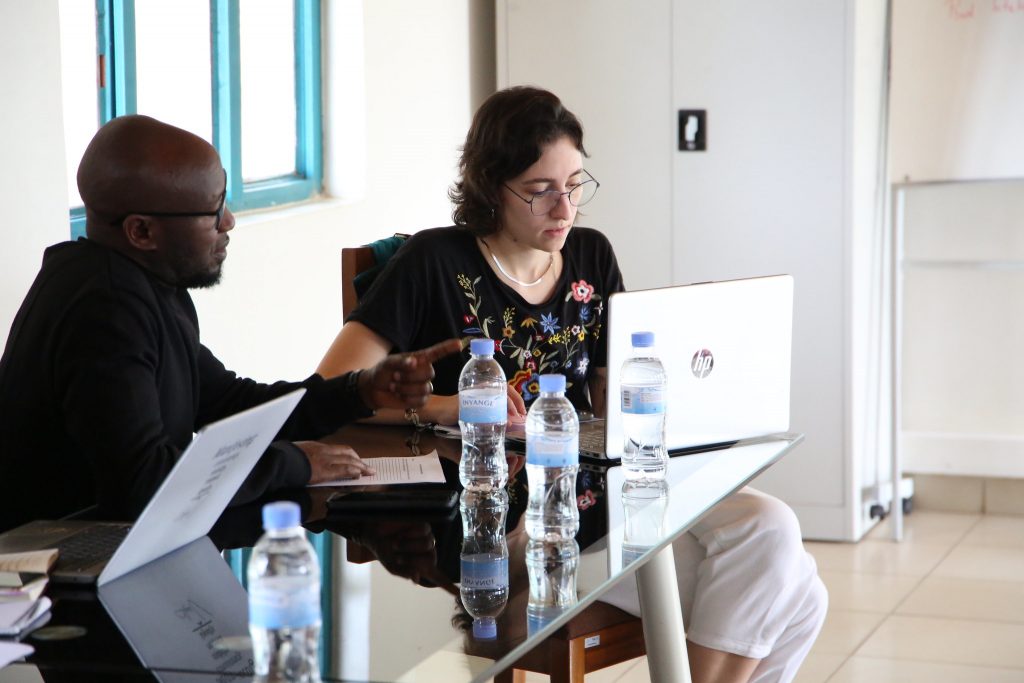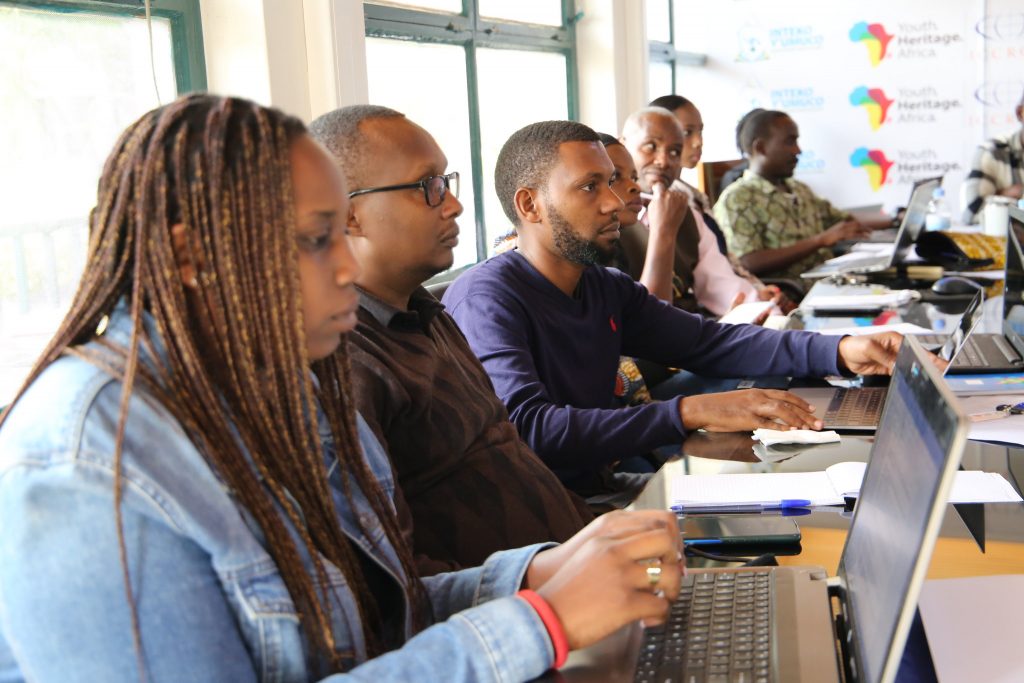Empowering Communities: Innovative Workshops on Community and Economic Development in Rwanda
HERITAGE’s Dr Paul Burtenshaw, an expert in heritage economics, heritage tourism and how cultural heritage supports sustainable and community development, conducted two workshops on Community and Economic Development in Rwanda last month, from the 13 th -15 th and the 16 th -18 th November. The workshops are part of our HerMaP Africa initiative, kindly supported by the Mellon Foundation’s Humanities in Place program. They were produced by HERITΛGE’s Rwanda programs Manager, Eirini Oikonomidi.
The first workshop (13 th – 15 th November) bought together 26 heritage and tourism practitioners in a venue provided by RCHA (Rwanda Cultural Heritage Academy) in Kigali: the Kandt House Museum. Half the participants were from the RCHA and the other half from the RCTA (Rwanda Community Tourism Association). The building itself was an early 20 th century German colonial administrative centre but has since been renovated (2004) and houses a museum of Natural History as well as an exhibition (since 2017) detailing the history of Rwanda before and after German colonisation.
The second workshop (16 th -18 th November) was conducted at Red Rocks cultural centre in Musanze district in the Northern Provenances. It trained 13 members of the RCTA, most of whom aged under 30 years old.
This is the first year HERITΛGE is offering the Community and Economic development workshop in person and online. The workshop has three main objectives:
- To provide the attendees with a firm understanding of the motivations for mobilizing cultural resources for economic benefit. At the same time acknowledging the limits of that mobilisation and how economic impacts are measured and communicated.
- To help attendees develop a plan for economic benefits: focussing on selecting strategies, setting goals and making judgement calls.
- Enabling attendees to implement a complete economic development strategy in their own locations.
On one day of the Kigali workshop, the participants visited the NWC (the Nyamirambo Women Centre) which was a great insight into the work of a local community-focused NGO. The NWC works to promote and empower women through capacity development and employment. At the moment the NWC employs 50 women as seamstresses in a self-sustaining project in which profits are used to fund further initiatives. At the Musanze workshop our hosts, Red Rocks, also engage with promoting the heritage and economies of local communities. It was a valuable experience to see how they worked.
All in all, both workshops were extremely enjoyable, and we look forward to seeing how all 39 participants now come to incorporate their new skills and knowledge into local projects.


